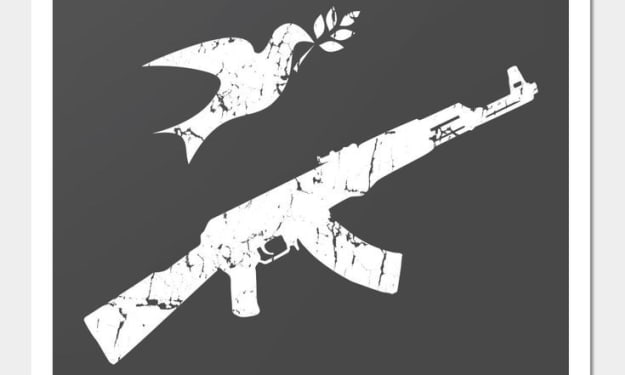
Isn't it odd that, when something's entertaining, you could go on the defensive toward, your breathing, become frail and pain-filled in certain spots, and perhaps cry? At the end of the day, for what reason do we do this strange thing that is chuckling? At the point when you snicker, your muscular strength contract quickly. This changes your breathing examples, expanding the strain in your chest depression, and pushing air out, which could discernibly arise as a grunt, wheeze, or vocalization. Since you're applying your muscular strength substantially more than you for the most part would while talking, they might begin to hurt. Chuckling additionally restrains your reflexes and muscle control, creating uproars like leg shortcoming. Anyway, where does this entertaining peculiarity come from? Since there's no archeological record of giggling, it's difficult to say precisely how and why it developed, yet researchers have a few hypotheses. Critically, people are not by any means the only creatures today that follow through with something like chuckling. Utilizing ultrasonic recorders, scientists in the last part of the 90s understood that rodents were essentially chuckling while at the same time being tickled. Researchers have since incorporated proof of no less than 65 species — generally vertebrates, yet in addition a few birds — that express during social play. Some, obviously, are our nearest family members. By recording and breaking down the sounds primates make while playing and being tickled, specialists developed more persuaded that the old progenitor of all extraordinary chimps followed through with something like giggling. Furthermore, on the grounds that different gorillas make giggling like sounds during crude play, they figure chuckling may have initially evolved to flag cordial, non-forceful plan plainly. Obviously, people don't simply chuckle while we're wrestling, yet additionally when we're entertained, and, surprisingly, astounded, confounded, or apprehensive. A few researchers think chuckling took on extended capabilities after people split from other incredible chimps and grew huge gatherings and more complicated language capacities. They speculate that chuckling bit by bit became something we could utilize during play as well as inside discourse to pass inconspicuous implications and a scope of settings on to show our feelings. This is believed to be one reason that chuckling is infectious: it resembles a challenge to partake in somebody's personal state. Simply hearing clasps of chuckling can enact key districts in your mind, setting off you to grin or giggle yourself. Furthermore, when members in a single report watched an entertaining video, they chuckled essentially longer and all the more frequently when someone else was available — despite the fact that they detailed feeling a similar degree of entertainment. Human giggling is likewise commonly stronger than the play vocalizations of most creatures. A few researchers hypothesize that this is on the grounds that our chuckling capabilities as a sign between people, however a transmission to everybody around. Investigations discovered that eyewitnesses across the world and as youthful as 5 months old could dependably differentiate between dear companions and colleagues just from brief clasps of them giggling. Likewise, we can determine if a snicker is genuine or counterfeit dependent just upon the sound. Counterfeit, or volitional, chuckling is created in totally various organizations in the mind, depending on discourse like pathways. In the interim, unconstrained chuckling emerges from more established networks that different creatures likewise use for their vocalizations. Furthermore, giggling isn't simply socially significant; being great as far as we're concerned is additionally thought. At the point when we chuckle, our minds discharge feel-great synapses like endorphins, and lessening levels of pressure chemicals like cortisol. Some examination even recommends that individuals who chuckle more can adapt to pressure all the more really and have better cardiovascular wellbeing. Chuckling is an all inclusive human way of behaving. Infants can giggle before they can talk. Whether it's the best medication relies upon your disease. In any case, as something that makes life more okay, reinforces bonds, and possibly further develops parts of your wellbeing, you can't turn out badly with a decent snicker. Except if you have a messed up rib or something like that. Then, at that point, it's a serious issue. Absolutely nothing to laugh hysterically about.





Comments
There are no comments for this story
Be the first to respond and start the conversation.